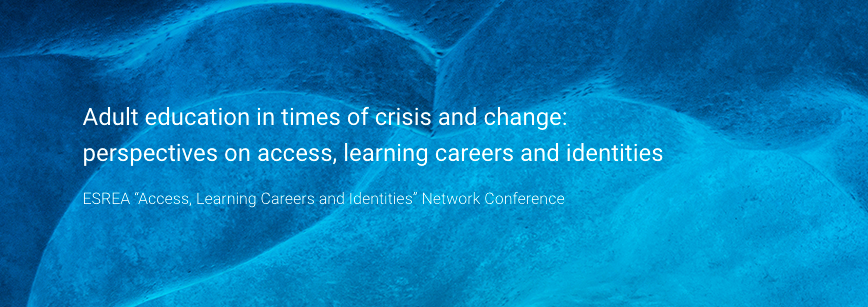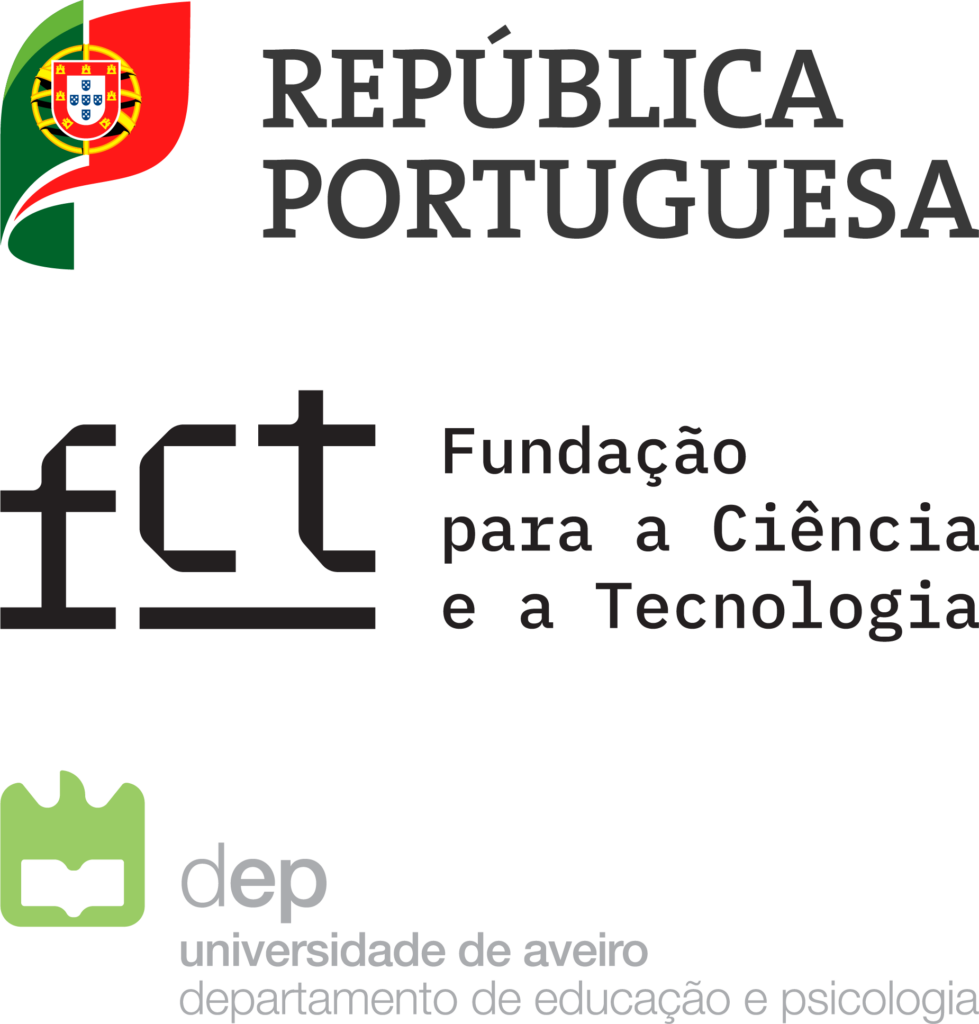A investigadora do CIDTFF, Lucília Santos marcou presença na ESREA “Access, Learning Careers and Identities” Network Conference subordinada ao tema “Adult education in times of crisis and change: perspectives on access, learning careers and identities”, que decorreu entre os dias 14 e 16 de julho na Universidade do Algarve, em Faro, como oradora convidada e com uma comunicação.
Lucília Santos dinamizou no dia 14 de julho comunicação intitulada “Social environmental changes influence on the profile of Mature Students in Higher Education – An exploratory study“, em coautoria com o investigador Henrique M.A.C. Fonseca.
E proferiu como convidada, no dia 15 de julho, a conferência “Mature Learners older than 23 years in Higher Education – what impact in their educational pathway from social environmental major changes?”, da qual partilhamos um excerto do resumo:
“Higher Education (HE) students have recently been at the centre of major changes in the teaching and learning methodologies and practices, due to the exceptional situation that COVID-19 pandemic originated in Education. Throughout Europe, and indeed worldwide, digitalisation and distance learning took over. Reality in Education suddenly had to shift into a scenario not foreseeable even by the more radical digitalisation promoters. Changes happened, HE moved forward, and students, as well as teachers, evolved to a new and different educational setting.
It is time to look back and take perspective on the impact this crisis had on students, and how it challenged the teaching and the learning processes. This presentation addresses the eventual evolution of Mature Learners older than 23 years’ (ML23) characteristics, in a university, in Portugal, as consequence of a crisis.
University of Aveiro (UA), Portugal, has been closely following Mature Learners over 23 years old (ML23), considered Non-Traditional Students (NTS), and keeping record of these students’ socio-demographic profile, access, and attainment, also providing tools and guidance to support their trajectory.
Based on the analysis of UA’ data bases, and in some testimonies, the time evolution regarding several dimensions of this group of students can be found. This allows for a perspective on how the present pandemic situation has impacted on these students’ decisions and life transitions. It is also possible to compare it to the impact of the still recent economic and financial crisis.”





